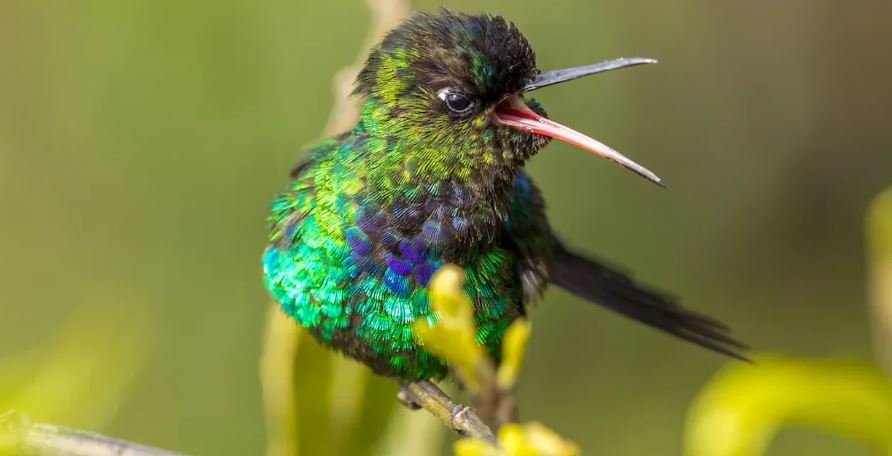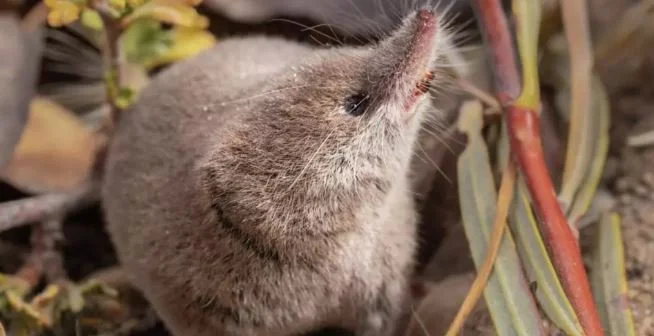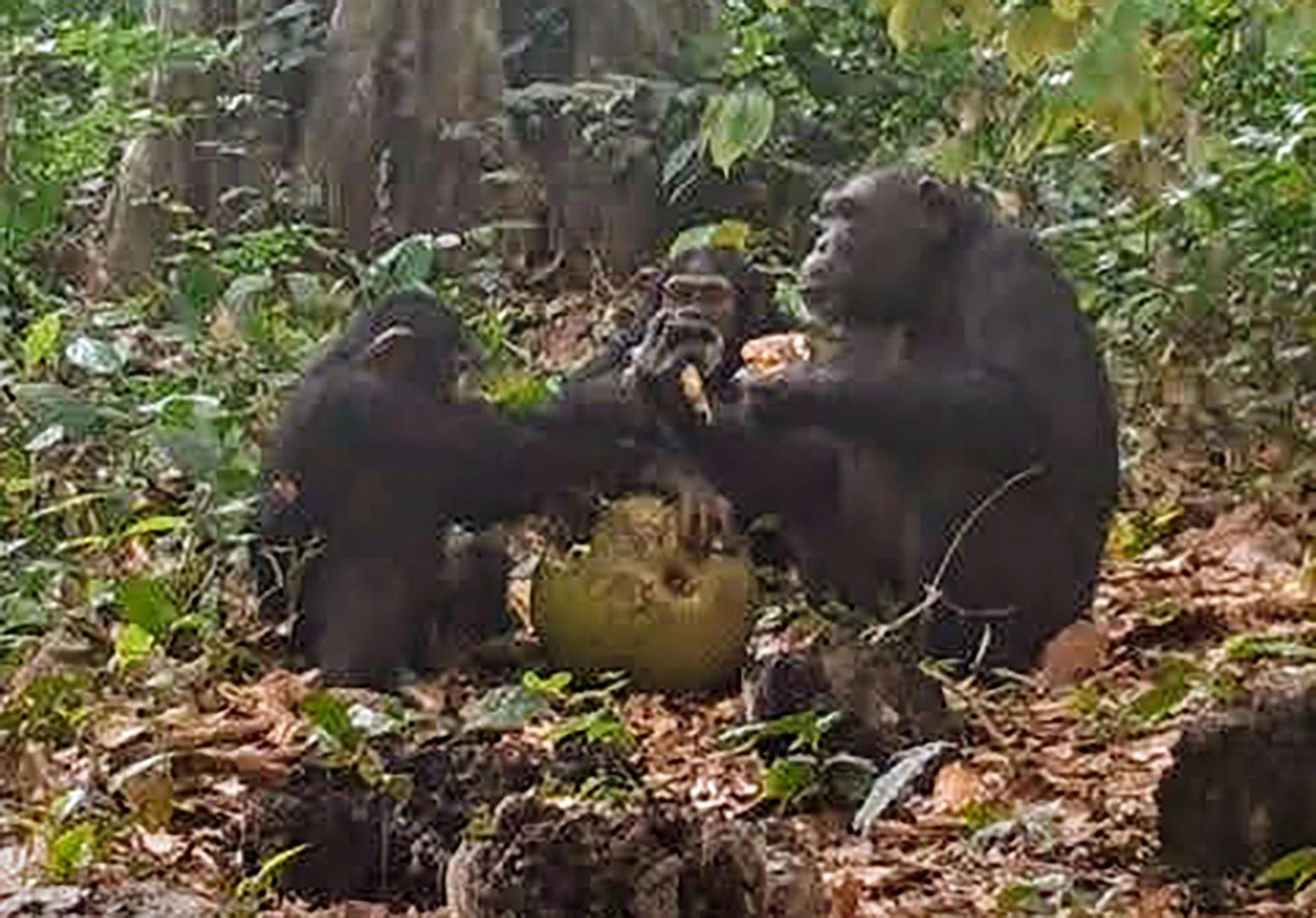Thirsty Hummingbirds Get a Seat at the Bar
Researchers at Berkeley have been looking into the drinking habits of hummingbirds. Turns out the little birds get a lot of alcohol in their diets, but they tend to moderate their intake.
A backyard hummingbird feeder contains some form of sugar water that inevitably ferments and produces ethanol, the kind of alcohol in cocktails. The same process plays out in naturally occurring nectars that the birds feed on in flowers and trees.
“Hummingbirds are eating 80% of their body mass a day in nectar,” explains biologist Robert Dudley in Berkeley News. “Maybe, with feeders, we're not only farming hummingbirds, we're providing a seat at the bar every time they come in.”
Dudley and his team set up a study to determine the birds’ drinking preferences. They captured three male Anna's hummingbirds (Calypte anna), year-round residents of the Bay Area, and housed them in Dudley’s Animal Flight Laboratory. The birds, supplied with varying amounts of alcohol in their feeders, liked their cocktails best at about 1 percent; they would sip at stronger drinks, but in smaller amounts.
It’s not only the birds’ restraint that helps them maintain sobriety. “They burn the alcohol and metabolize it so quickly,” says Dudley. “Likewise with the sugars. So they're probably not seeing any real effect. They're not getting drunk.”
Many animals – birds, insects, primates – have a little nip as part of their regular diets. The Berkeley biologists believe research into the matter can tell us more about our own predilection for booze.
The hummingbird research is published in Royal Society Open Science.
Photo credit: Zdeněk Macháček / Unsplash







